
Segments of Russian society: 2023 updates
Introduction
{{margin-small}}
Like any other, Russian society is a complex, heterogeneous object of social reality. However, it is often viewed as a single coherent entity with no drastic internal segmentations or divisions along many economic, religious, ethnic, and linguistic lines. This vision is inherently incorrect since it overlooks variegated divisions within Russian society and simplifies its compound structure.
A group of independent Russian researchers has conducted a brilliant analysis, reported in Re:Russia, differentiating between declarative war support and genuine belief in the war's necessity. Their results revealed 38% as staunch supporters, 52% in a "non-oppose" category — comprising both nominal supporters and those without a clear stance — and 10% in open opposition. This insight underscores the possibility that the assertive pro-war minority might be dominating public discourse, thereby overshadowing dissenting opinions.
Another nuanced perspective was presented by Dr. Jade McGlynn, delineating five distinct categories within the framework of an authoritarian society: active support, ritual support, loyal neutrals, apathetic, and active opposition.
At Open Minds Institute, we delved into identifying and understanding people in those clusters and what their core beliefs are. Six months ago, in our "war anniversary" report, OMI outlined our perspective on the societal layout, categorizing groups as Hawks, Loyalists, Uncertain, Moderate Liberals, and Poor Liberals, based on our clustering analysis.
Today, we share the findings of a subsequent study, exploring potential shifts in this structure and any changes in the clusters' characteristics, beliefs, or well-being.
{{margin-big}}
Executive summary
{{margin-small}}
- Despite the loud propaganda statements about the unheard-of unity of Russians in supporting the current regime and its policies, the attitudes towards war polarize Russian society.
- The war divided Russians into two big groups with two subgroups in each one. Authoritarian Hawks, actively supporting the war, are the reverse of Liberals, who are actively protesting and undercutting the regime. Loyalists of the regime who are more prone to declarative support are opposed, though with a less noticeable contrast, to Moderates, who have modest levels of anti-war and anti-government convictions but are generally less interested in the political debate and prefer to abstain from it.
- The previously identified “Uncertain” group is now divided between Loyalists and Moderates, who, while they don’t have explicit beliefs, still tend to lean to one or the other position on the political spectrum.
- The findings align well with Dr. McGlynn's model, wherein the intermediate categories—namely passive support, neutral stance, and passive opposition—predominate in societal dynamics.
{{margin-big}}
Methodology
{{margin-small}}
Disclaimer on surveys in Russia
The Open Minds Institute team is aware of the possible limitations imposed by the current political regime in Russia and a tense societal atmosphere that may influence the accuracy and reliability of poll results. Nevertheless, we consider our surveys in Russia as a reliable source of information for a few reasons:
- Participation in our surveys is voluntary, and respondents can interrupt the survey anytime (based on data from Levada, the number of interrupted interviews is a stable indicator in Russia, and it does not grow in the polls about Ukraine or the war).
- The surveys are conducted online, so the respondents do not interact with interviewers, therefore feeling safer answering any question. Additionally, there’s no sign-in required to take part in the poll.
- Finally, OMI found no correlation between the tendency to give socially desirable answers and war or regime support.
No research or study in any country of the world is able to provide a full and comprehensive picture of the state of things in society. However, by critically consuming and interpreting the findings of trusted research teams, the numbers can open up the veil of ignorance.
{{margin-small}}
SAMPLE
The respondents were recruited online. The sample of the Russian residents was stratified by sex and age (equal age and sex groups 18-30, 31-44, 45-60 years). The data was cleaned, and the analysis excluded people who did not answer all the questions. The final sample consisted of 716 respondents, men and women. The mean age of the respondents is 37.4; the standard deviation is 11.3. (the same as in our previous wave).
{{margin-small}}
STUDY DESIGN
Clustering was carried out by a hierarchical method to determine the number of desired clusters. 15 criteria were used in the model:
- evaluation of the country's direction (wrong or right);
- identification with Russians and evaluation of the role of Russian people;
- level of authoritarian attitudes (blind support of the leader, obedience, and hostility towards others);
- meaning in personal life and in life in Russia;
- psychological stress scale;
- feeling of anomie (the breakdown of social order and chaos when the existing social norms are not functioning anymore, but the new ones are not settled down yet);
- level of war support;
- level of trust in Western media and Russian opposition;
- level of trust in pro-governmental institutions (church, army, etc.);
- participation in presidential elections and participation in demonstrations or protests;
- the feeling of personal and collective ability to impact the situation in the country.
An important factor in the preparation of the classification is the indicator of the significance of ANOVA (with the post hoc Tukey's Test). This indicator checks for the consistency or validity of the clustering result, highlighting the presence of significant differences between the established groups of observations.
We stopped on the 4-clusters decision, where war and regime support are the main factors for distinguishing the cluster. For consistency, we use similar names as in our previous reports but simplified them slightly to avoid the confusion between Moderate liberals and Poor liberals by changing them to just Moderates and Liberals.
Note: We have also tried to cluster the sample, excluding variables such as opinions on the war or assessments of the country's direction. While it led to the formation of five clusters, we deemed them to be inadequately descriptive. It was evident that disparities among certain clusters still revolved around outlooks concerning the war.
{{margin-big}}
Key findings
{{margin-small}}
Hawks
The first group consists of active supporters — Hawks, comprising 24.2% of the sample (23.5% in the previous wave). They strongly believe that Russia is moving in the right direction. These Russians are also characterized by a high level of trust in the President, army, Russian church, and Russian media. They trust the state and its institutions and are fully supportive of the course of action it chooses.
Hawks are the most avid consumers of Russian media. These respondents are striking examples of authoritarian personalities in the classical understanding of blind support of the leader, obedience, and hostility to others.
The image of the ideal leader for them additionally confirms it. They believe the person should have an independent, aggressive, and dominant personality. They define themselves first and foremost through their national identity. Hawks even see more meaning in Russia's state than in their personal life. As a result of this, they place great importance on the Russian position and image in the global arena.
For this group, the high level of belief in their personal and group ability to influence the politics of the country is typical. They are convinced they can influence the adoption of new laws and enforce existing laws and policy decisions. But what is interesting, though this group might seem like an active support, taking any real action is not typical. Using legal methods for their political will expressions, like signing petitions or participating in government-authorized rallies, is a rare behavior for them.
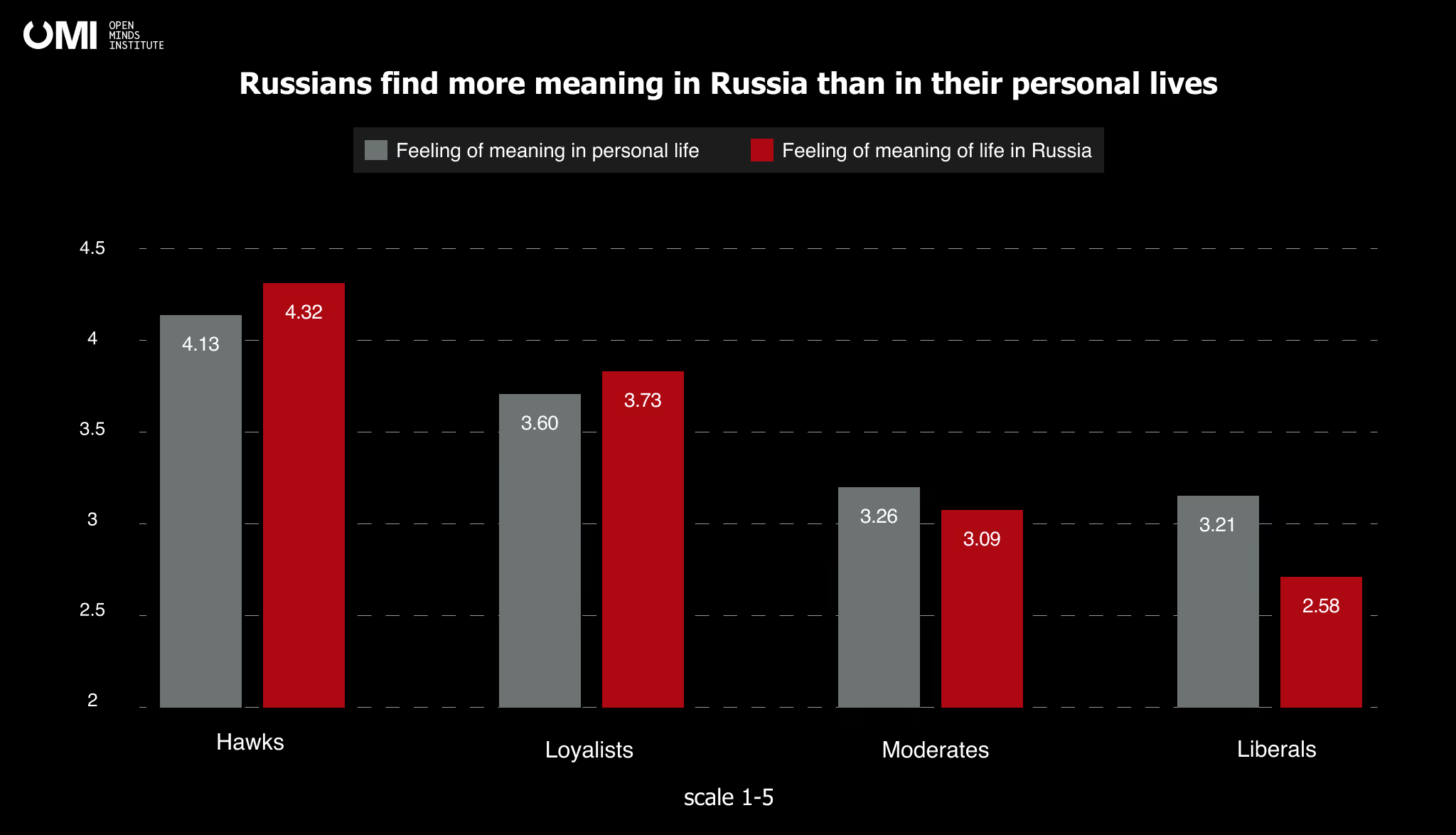
{{margin-small}}
Loyalists
The second group is Loyalists, which make up 34.1% (24.8% in the previous wave, which suggests some part of a group we previously identified as “uncertain” moved here). This cluster is a spitting image of the previous one, but they express their position in a less pronounced way. Along with Hawks, they are a subgroup of the broader category of regime supporters. They are also high in authoritarian obedience. Similarly to Hawks, they think that the country is moving in the right direction and have a pro-war stance. As well as they strongly identify themselves with Russians and think Russians deserve recognition.
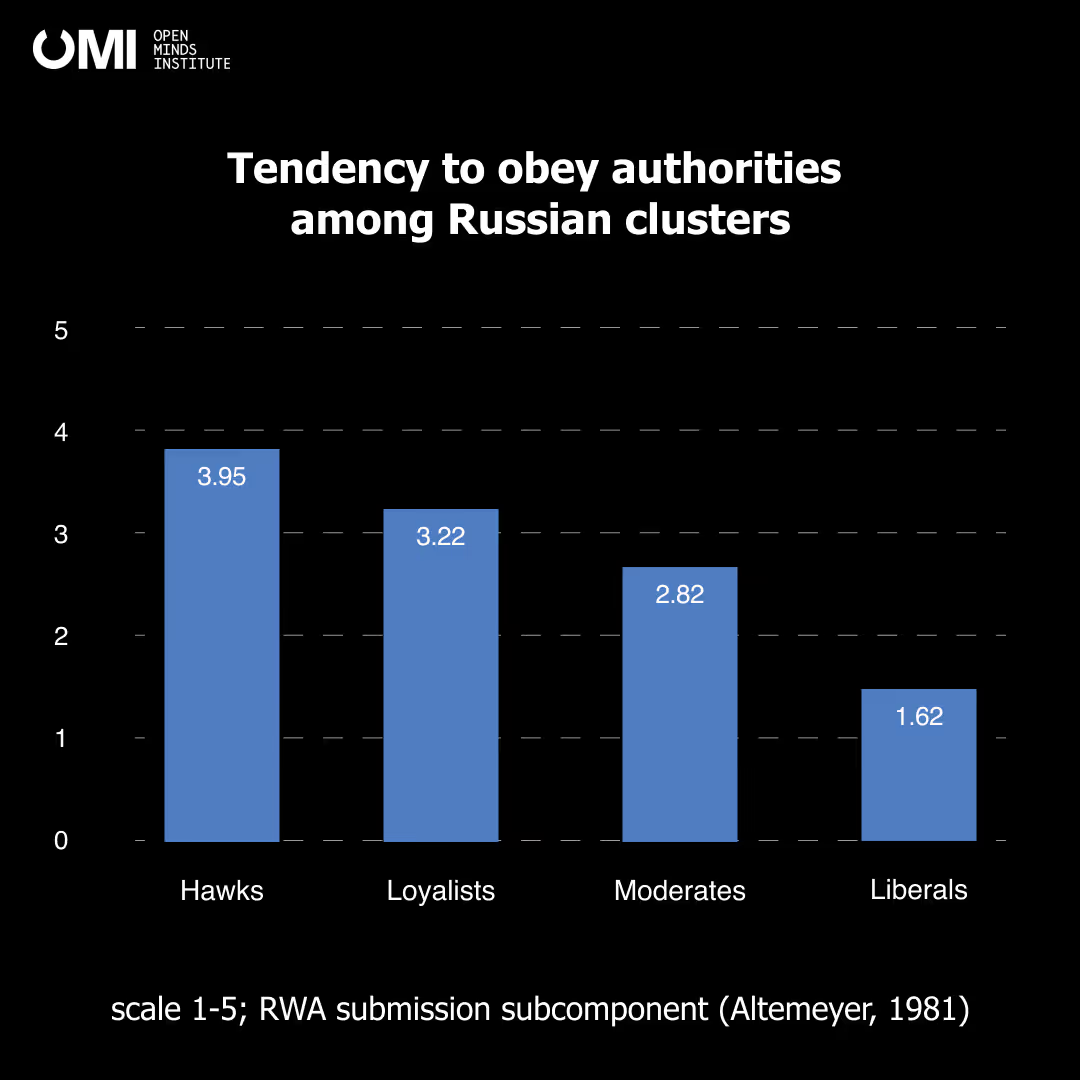
However, whereas Hawks are clearly staunch supporters, Loyalists are less vivid, choosing they “rather agree” with the above stances. They appear to closely align with what Dr. McGlynn describes as the "ritual support" or "loyal neutrals" categories, maintaining a declarative allegiance to the state based on the "my country, right or wrong" stance. What also differentiates them from Hawks is a younger age and worse financial position. Loyalists also have a higher level of trust in the opposition. Their English speaking and reading knowledge is better, which makes it possible for them to familiarise themselves with international informational resources.
{{margin-small}}
Moderates
The third group is Moderates, constituting 24% (8.5% in the previous wave, which suggests a large part of a group we previously identified as “uncertain” moved here). These respondents stand on the more pro-opposition side but are restrained in expressing their position. They do not support the war and do not show any signs of supporting the regime.
They are characterized by a lower level of valuing their national identity and priding themselves on being Russians. Mostly, they do not trust pro-governmental structures and are not the audience of Russian media.
The critical characteristic of this group is absenteeism in its broadest sense, trying to stay away from politics and focusing on their own life. Moderates participate in the elections, demonstrations, or signing petitions much more rarely than others, staying relatively apathetic regarding the political situation.
{{margin-small}}
Liberals
The fourth and last group is Liberals, composed of 17.7% of the total number of respondents (23.5% in the previous wave). Poor Liberals are on the other side of the war support spectrum, strongly opposing this. They stand in stark contrast with Hawks, who are their antipodes.
This group actively participates in protests and demonstrations, being the most vibrant segment among the four. Their consensus is that the direction Russia is moving in is totally wrong. They have the lowest level of authoritarian attitudes. Consequently, they do not trust the government structures and incumbents. Therefore, Liberals primarily receive the news from opposition resources and foreign media.
While Hawks understand what is going on in Russia and are ready to fully devote themselves to national interests, Liberals feel life in modern Russia is empty and meaningless. Along with that, these respondents have the worst financial condition and mentioned it has deteriorated during the last half of the year. All of this is reflected in their emotional condition — this group's stress and anxiety level is the highest.
{{margin-big}}
Conclusion
{{margin-small}}
The study provides valuable insights into the multi-dimensional nature of public opinion within Russian society, particularly concerning the support for the war and attitudes towards the government. The study's use of a hierarchical clustering method and a diverse set of criteria, including evaluation of the country's direction, trust in various institutions, levels of authoritarian attitudes, and personal values, allows for a nuanced categorization of respondents into four distinct clusters: Hawks, Loyalists, Moderates, and Liberals.
The Hawks and Loyalists clusters represent supporters of the government and the war, with a shared belief in the country's current direction and trust in pro-governmental institutions. They also demonstrate a high level of identification with their national identity, indicating a sense of loyalty and patriotism.
The Moderates, on the other hand, lean towards a more pro-opposition stance, as they do not support the war and exhibit lower levels of trust in pro-governmental structures. They also show a lesser emphasis on their national identity compared to the first two clusters. This group's restrained expression of their opposition suggests a more cautious approach to voicing dissenting opinions, most probably due to the prevailing political climate.
The Liberals form the smallest cluster but represent a vibrant and vocal segment of the population. Strongly opposing the war and the current government, they actively participate in protests and demonstrations. This group's higher level of English proficiency indicates a greater reliance on opposition resources and foreign media for information, signaling their quest for alternative perspectives and critical analysis.
In our following reports, Open Minds Institute will continue to examine the 4 clusters: their daily behavior, fears, dreams, and underlying motives to support or oppose the invasion of Ukraine.

.svg)





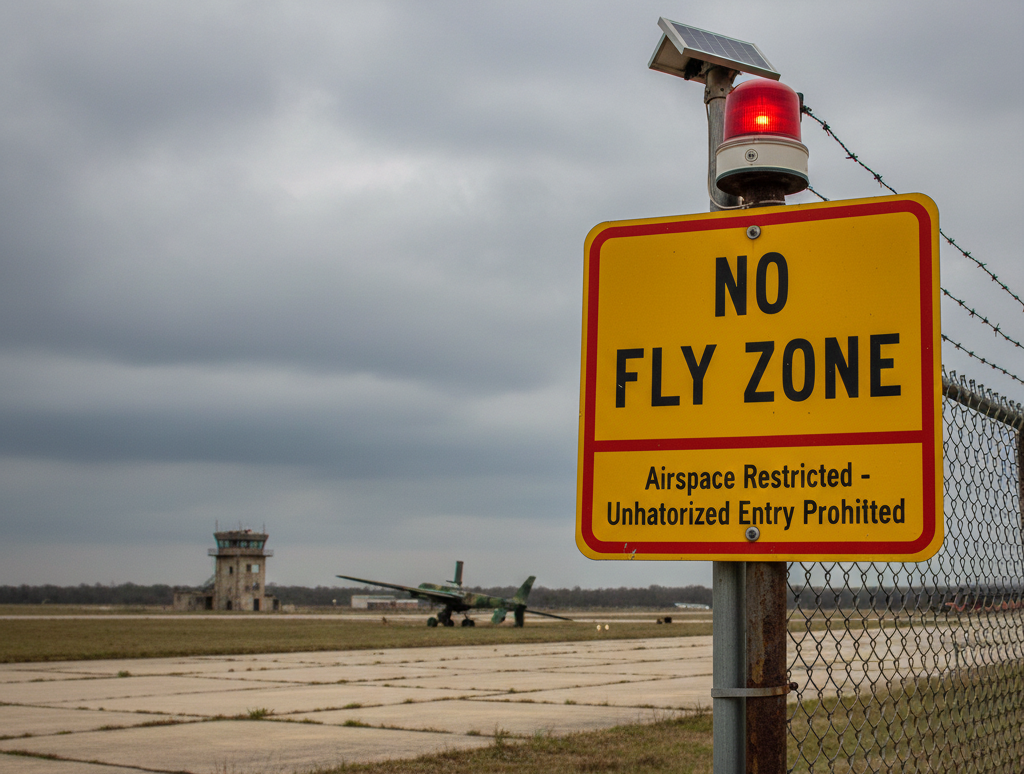
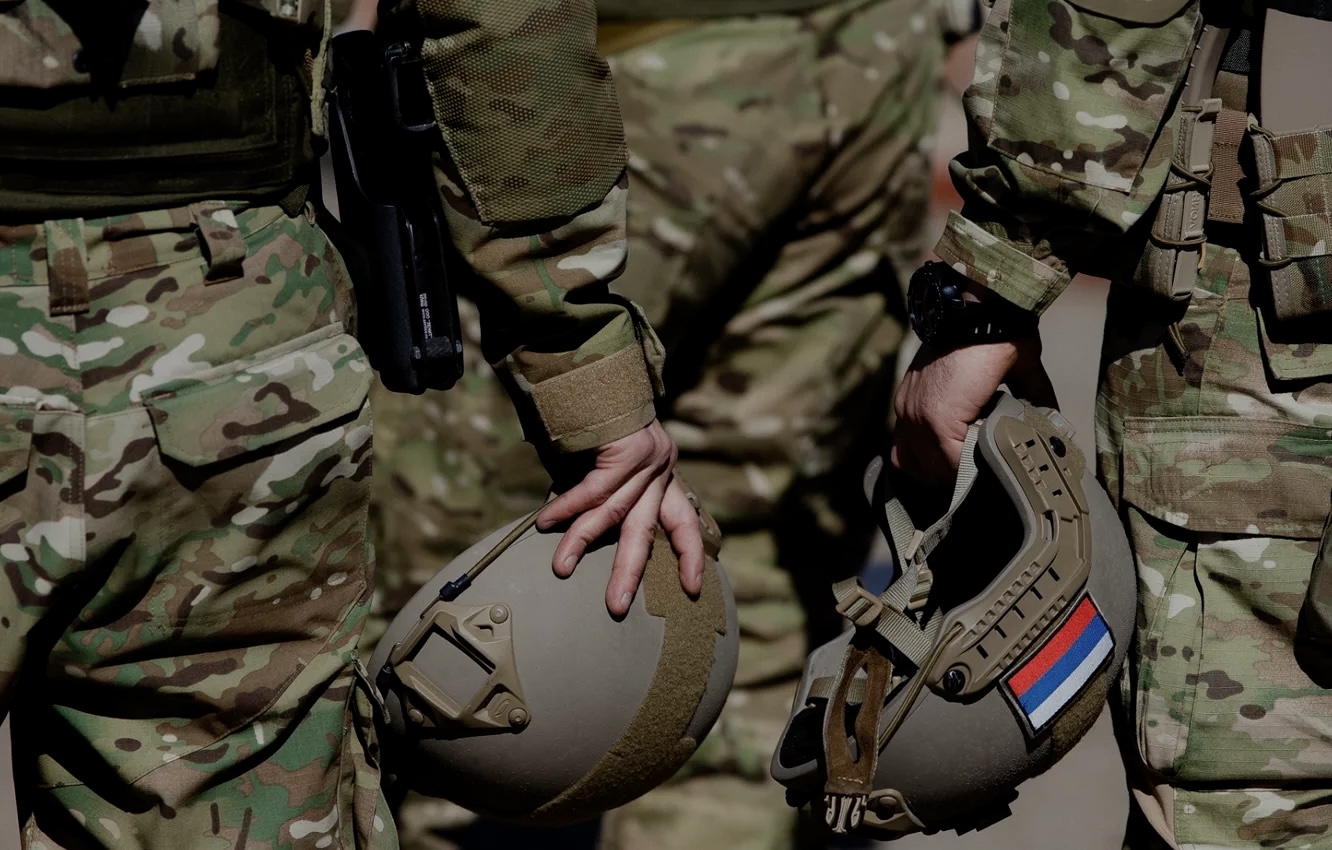

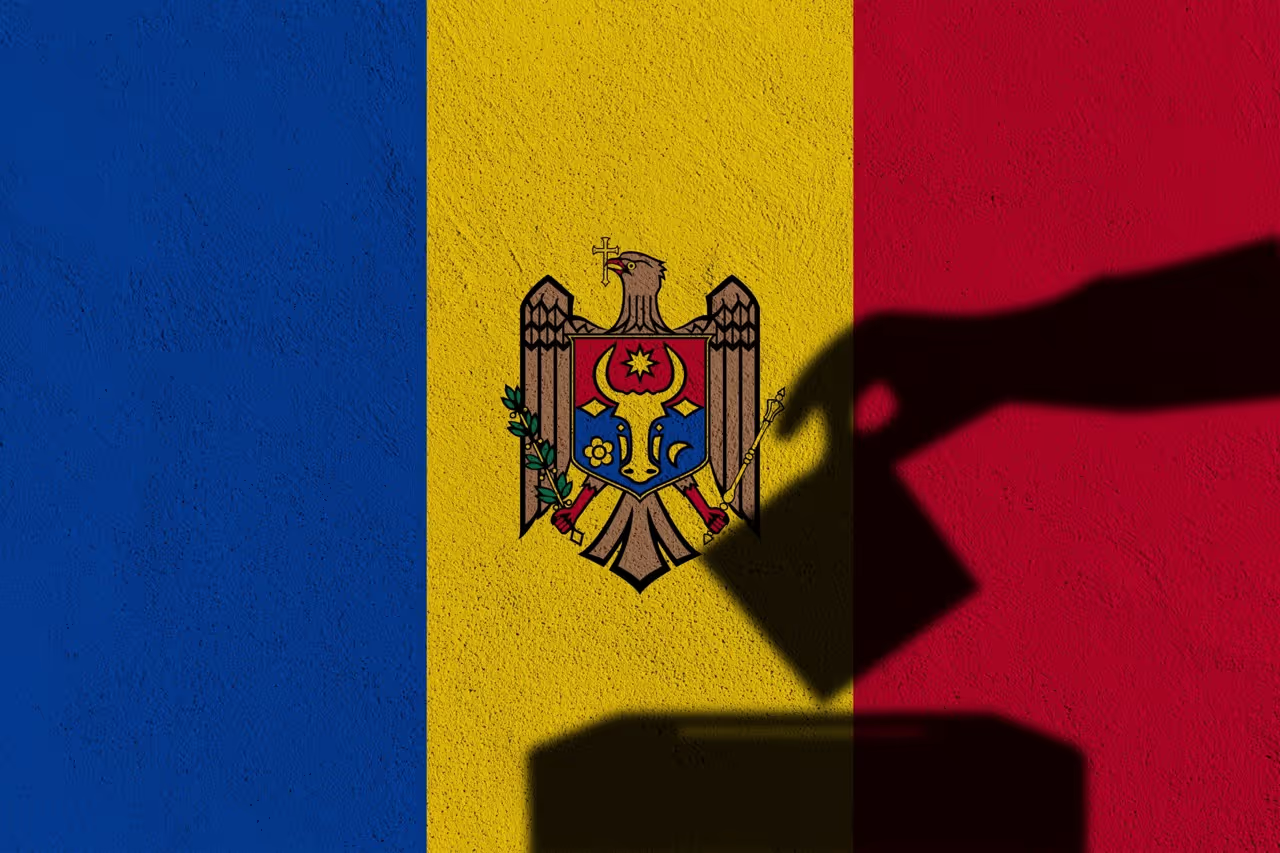
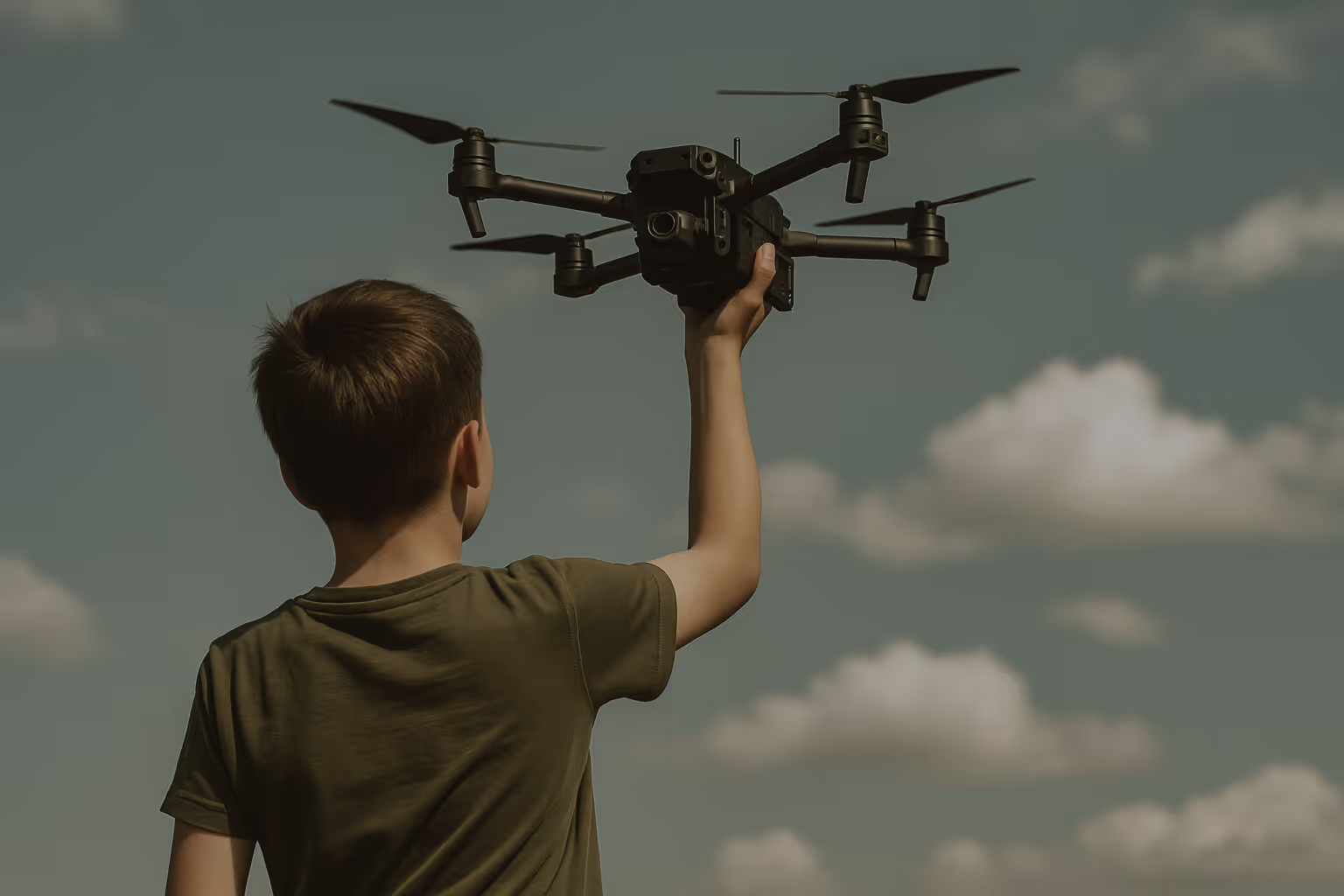
.avif)
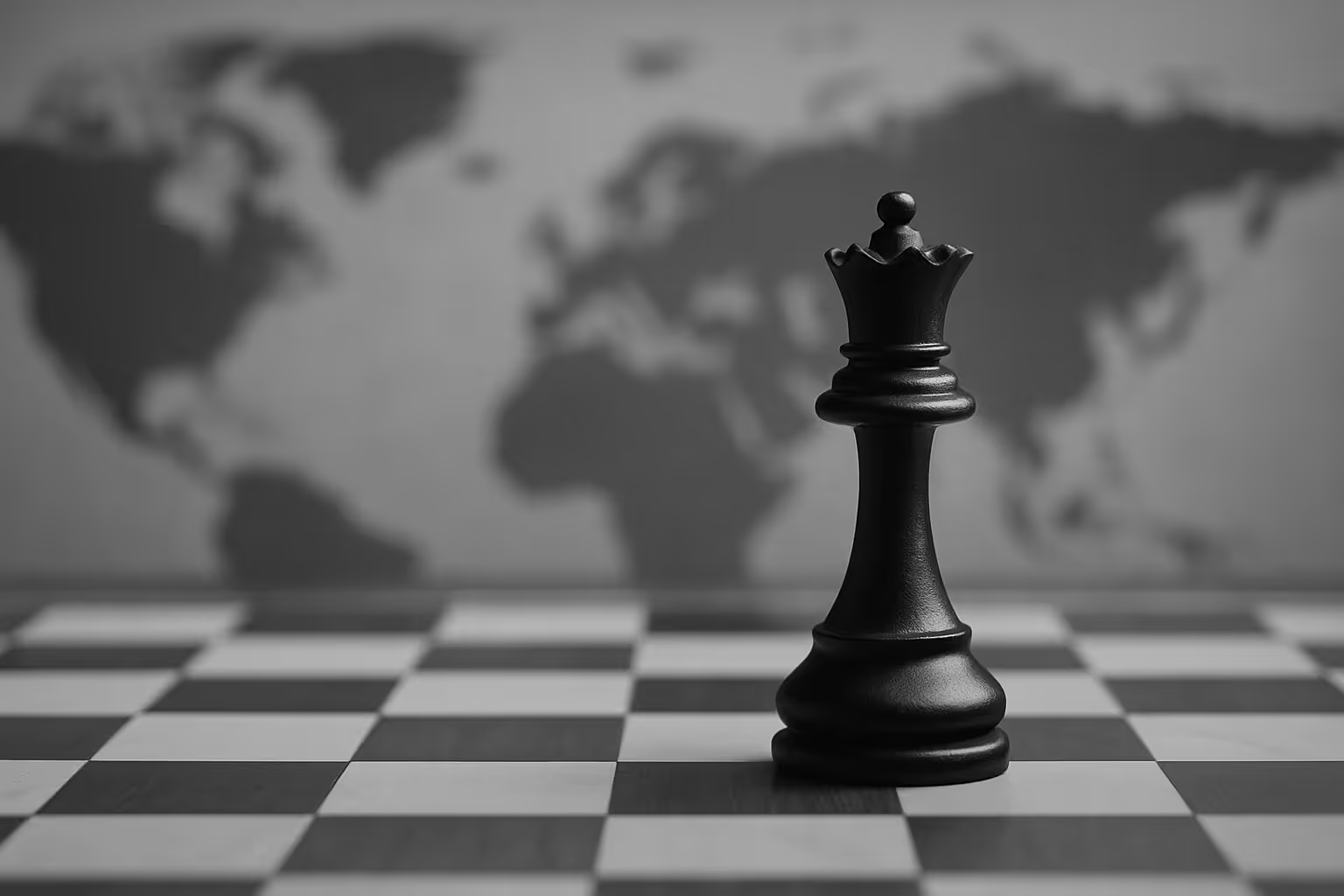

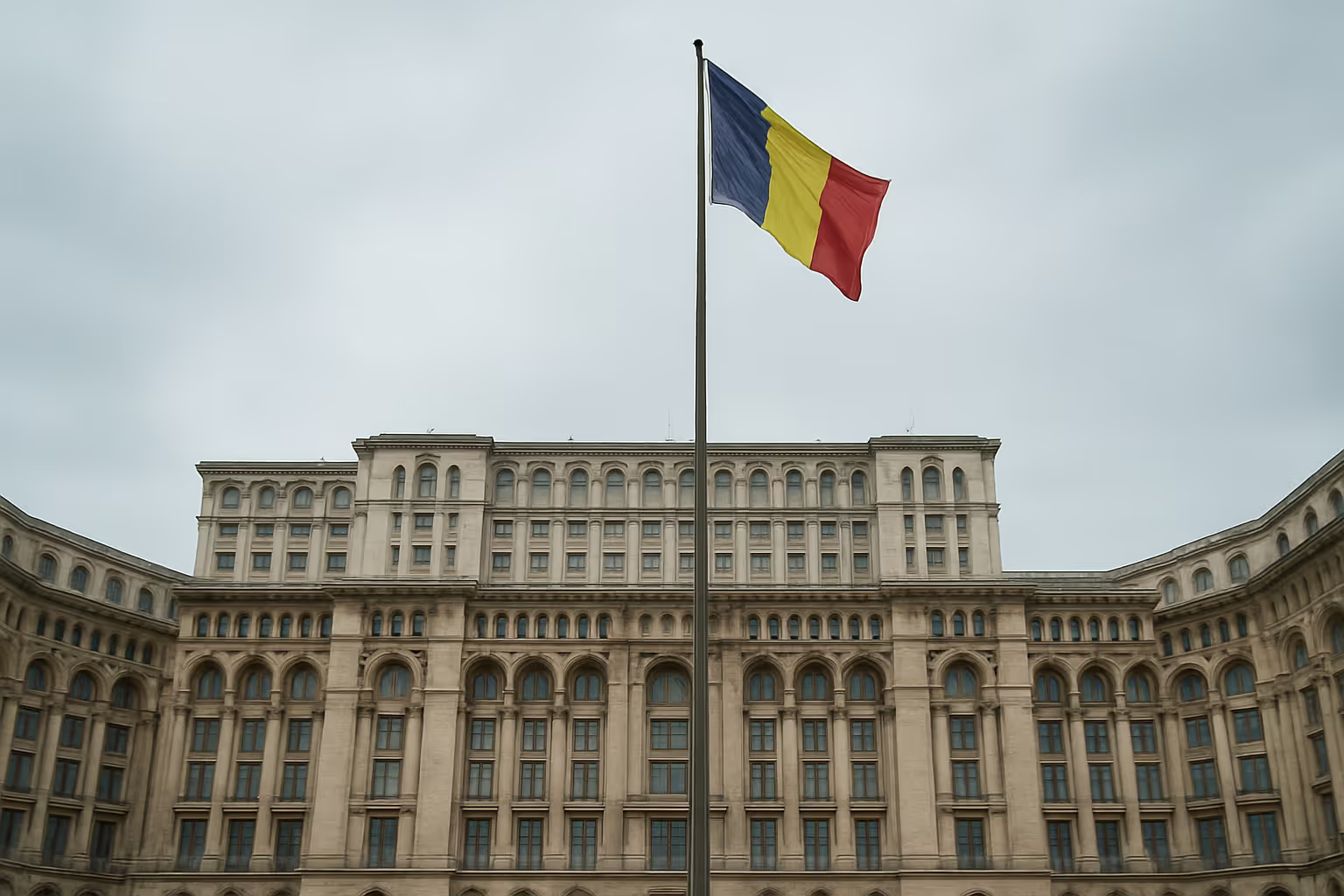
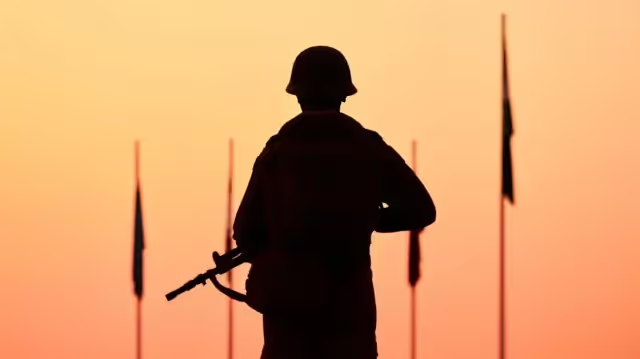
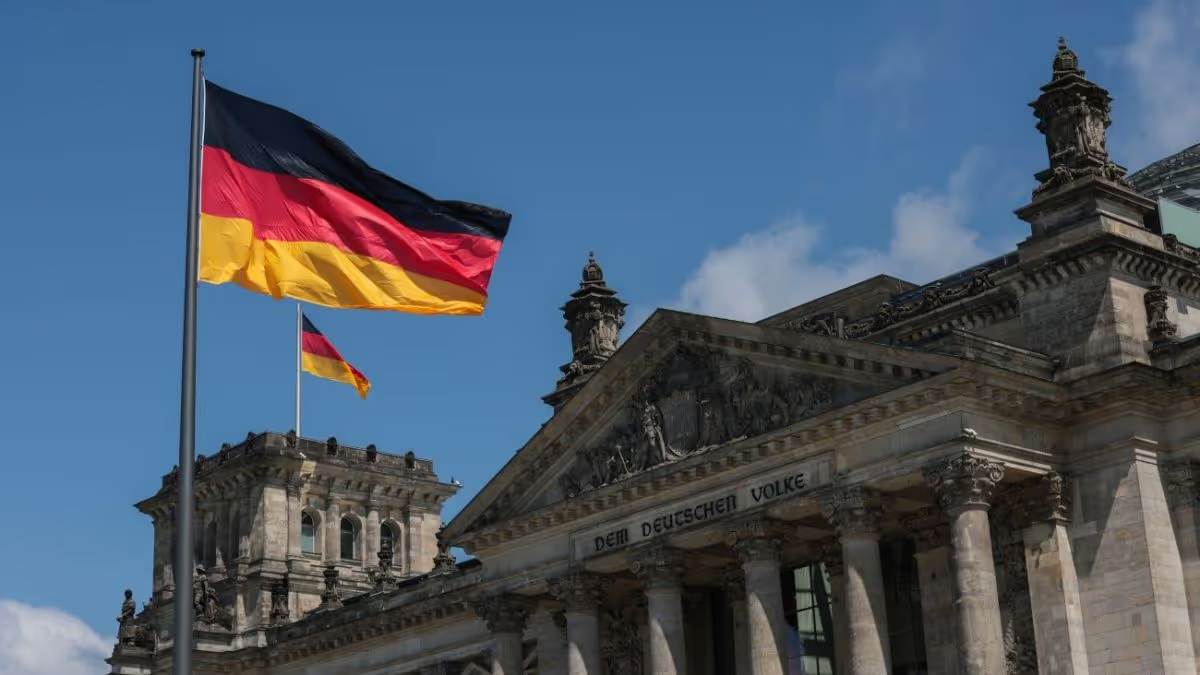
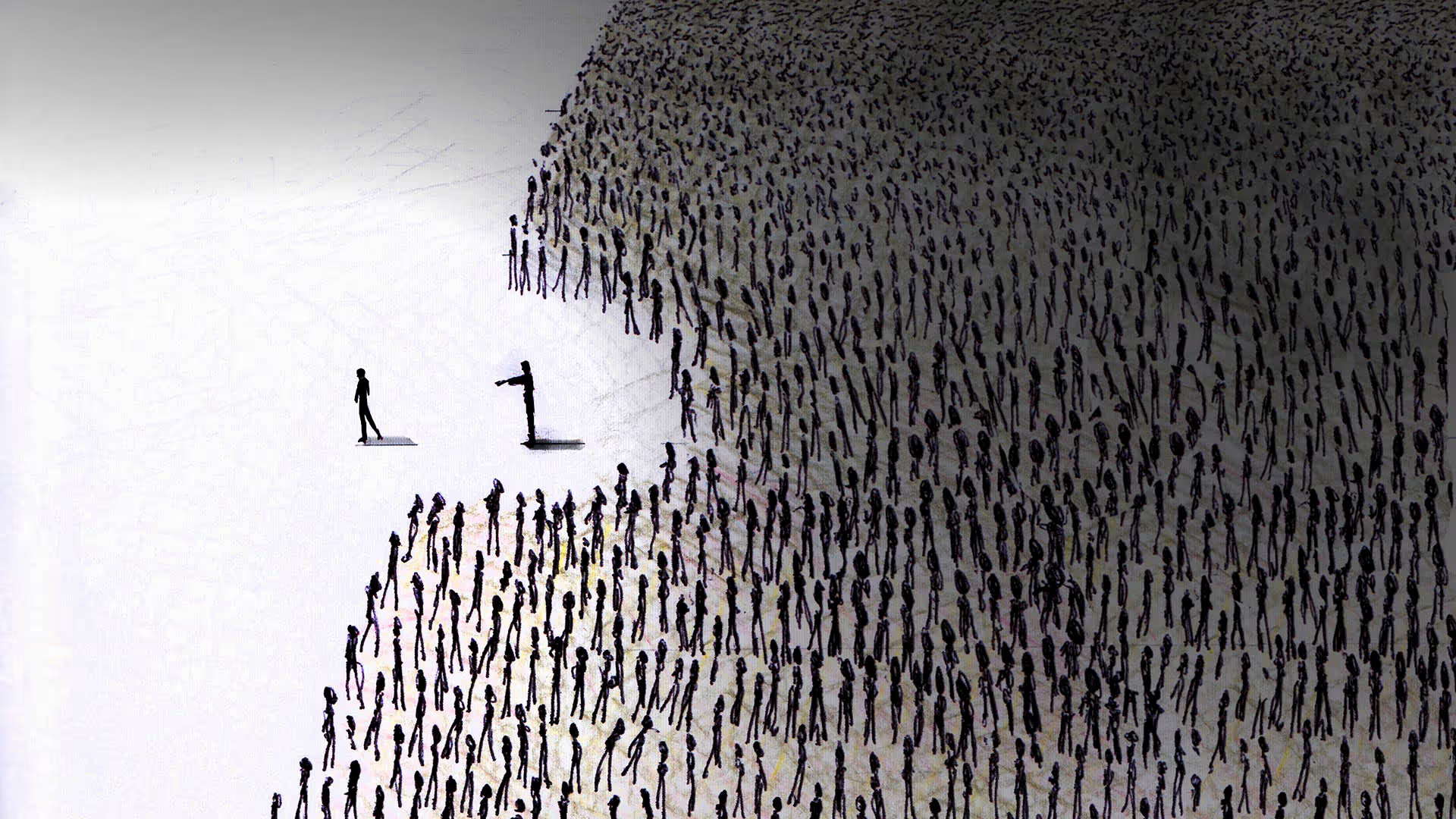
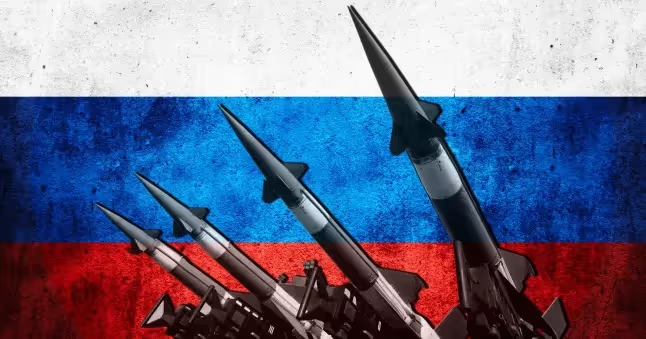
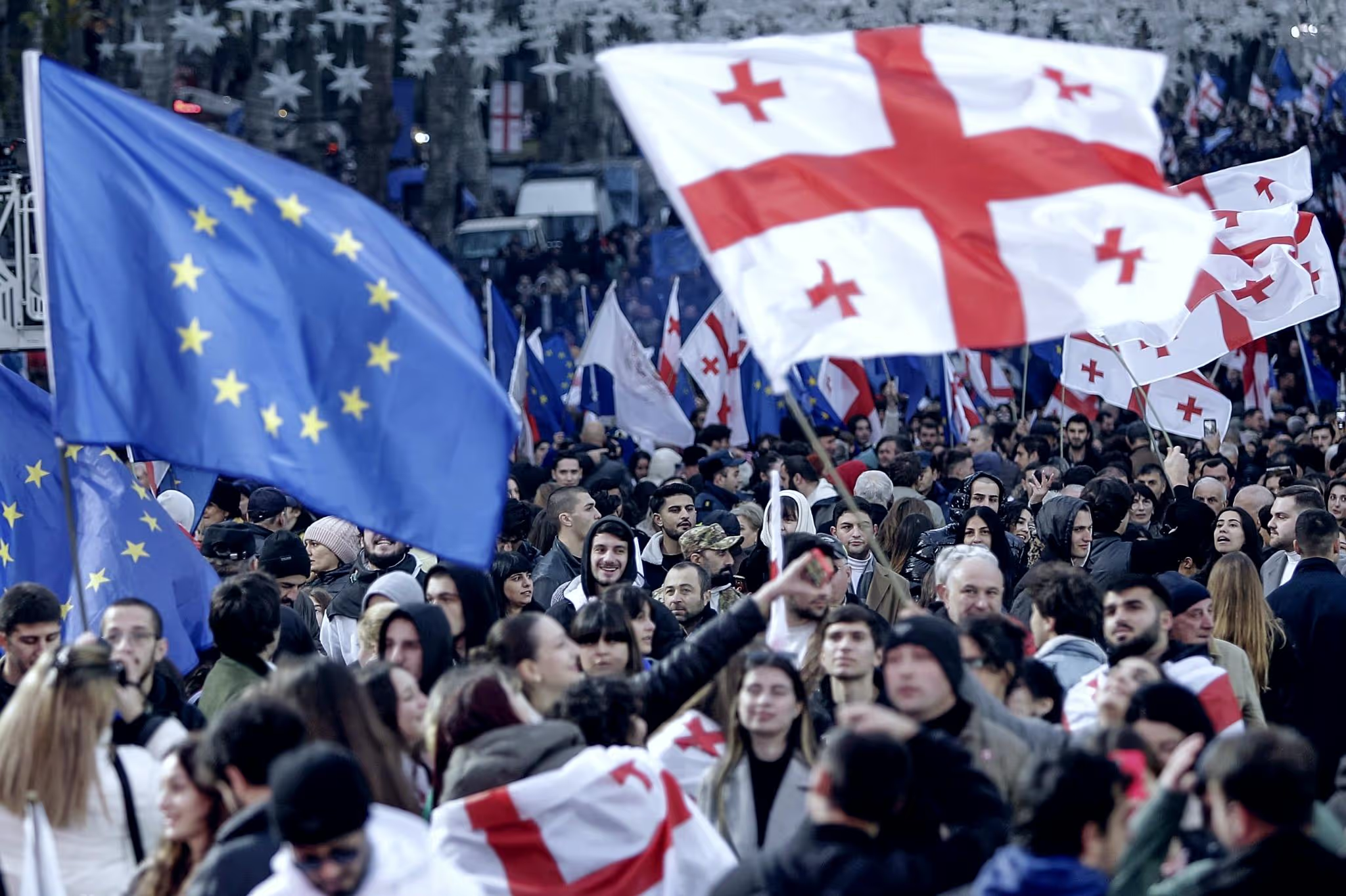
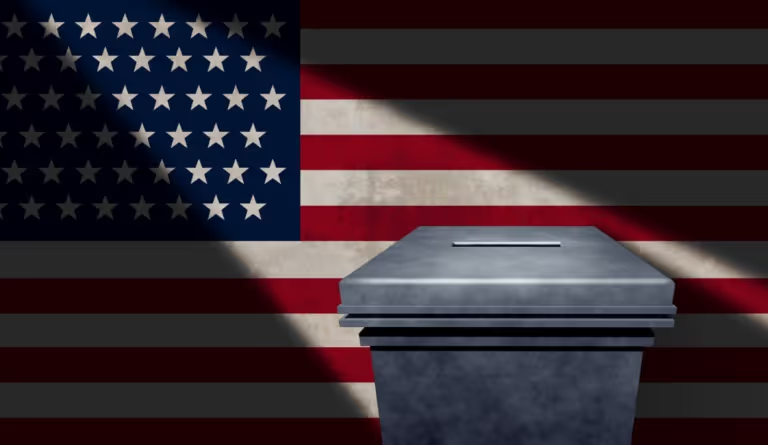



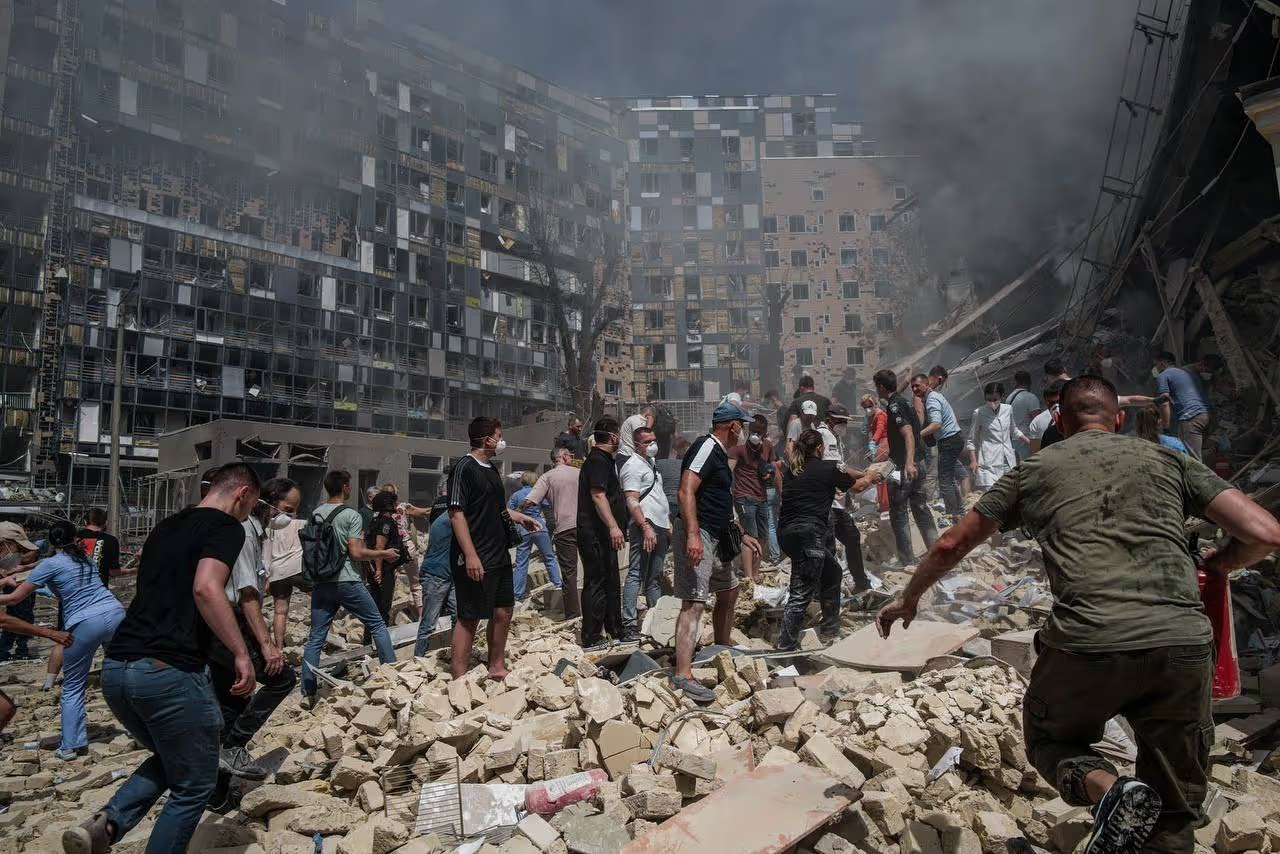

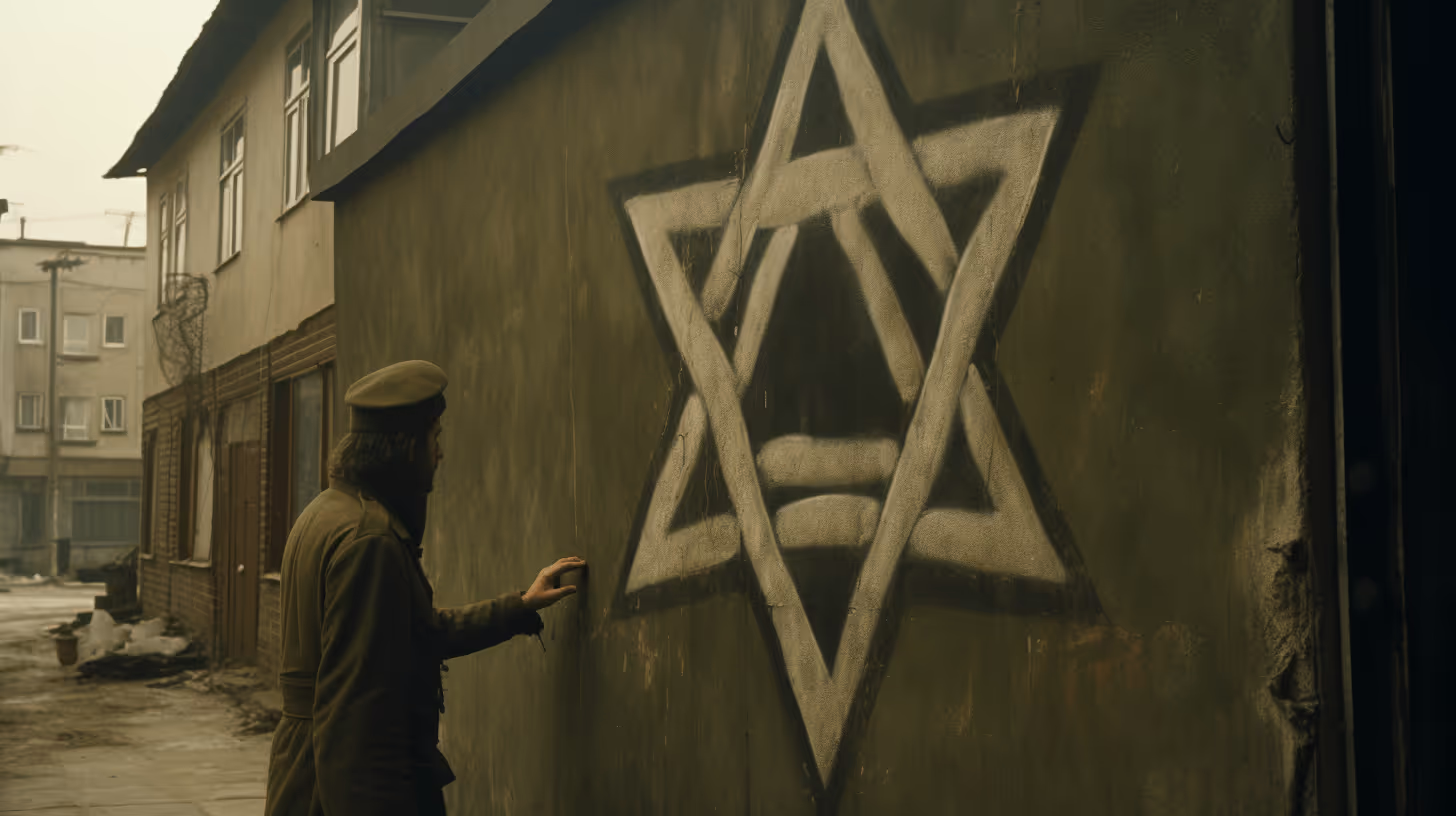
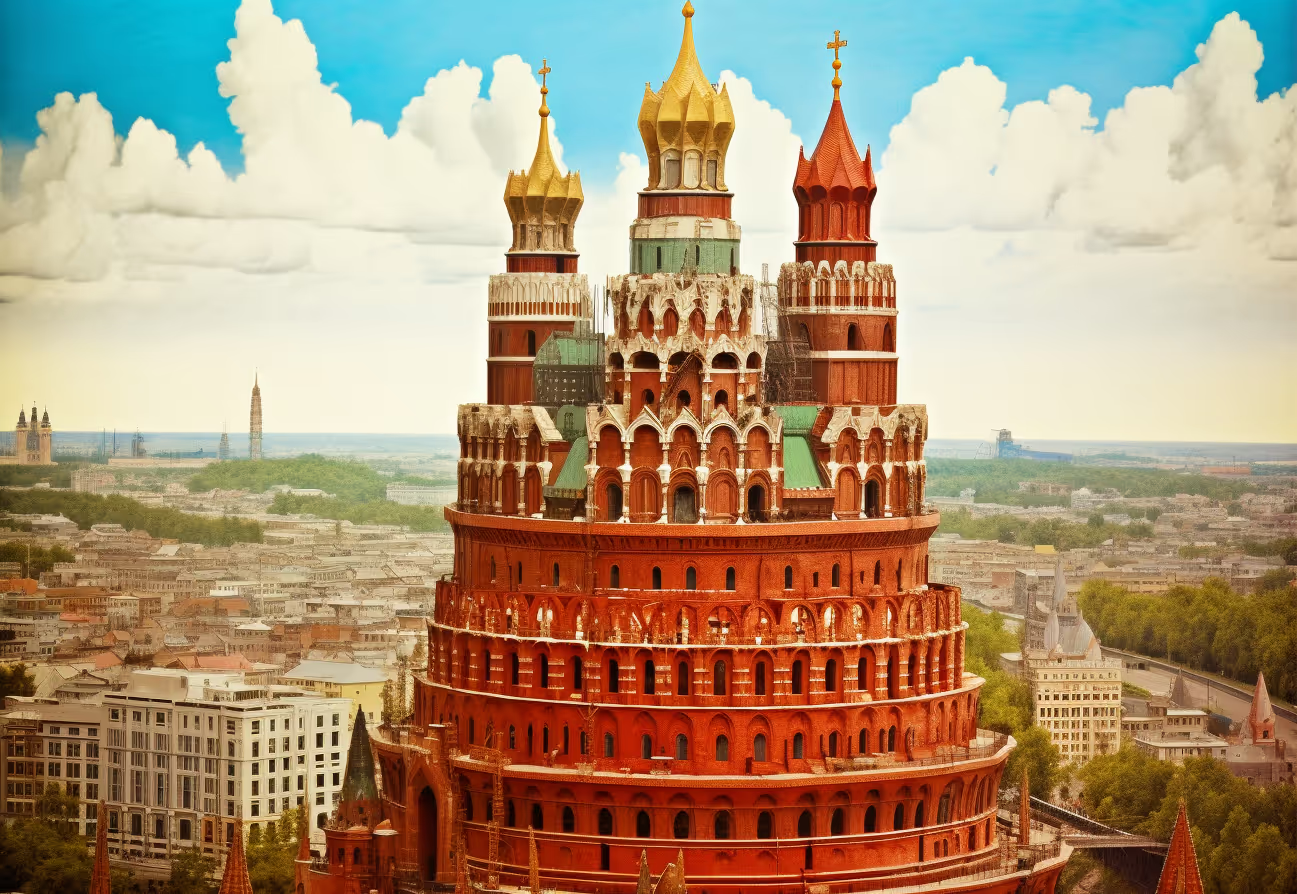
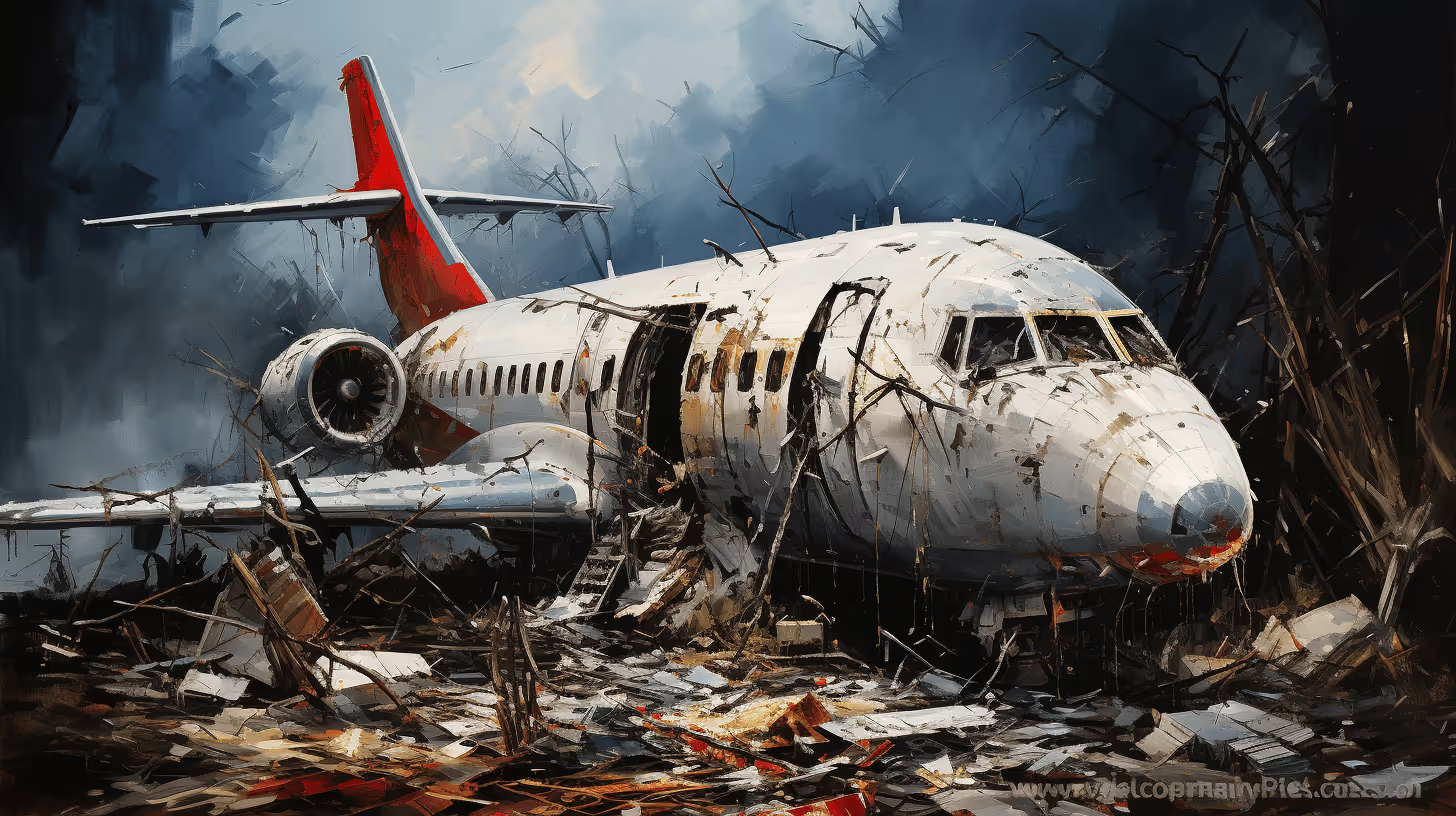
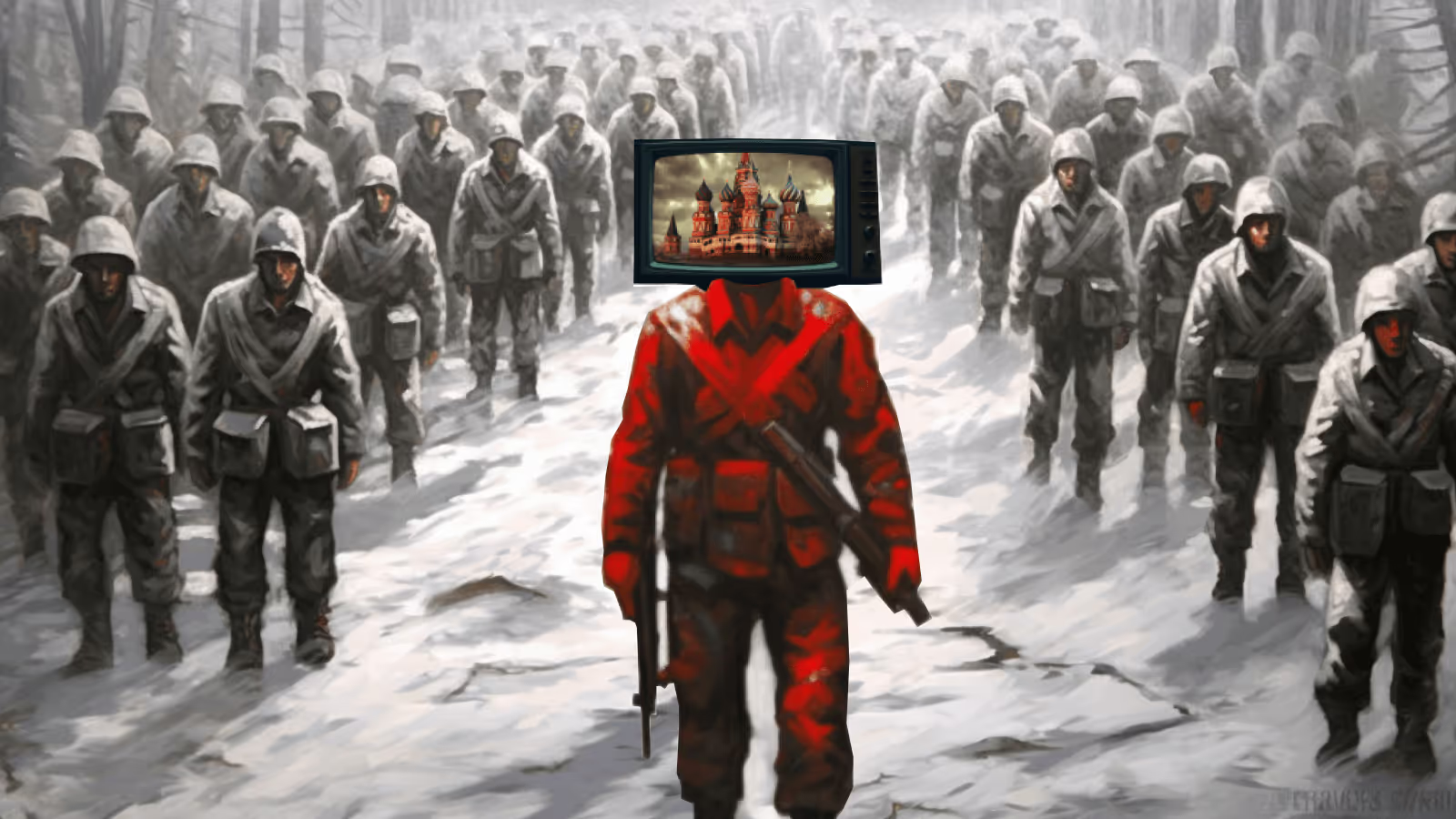
.avif)
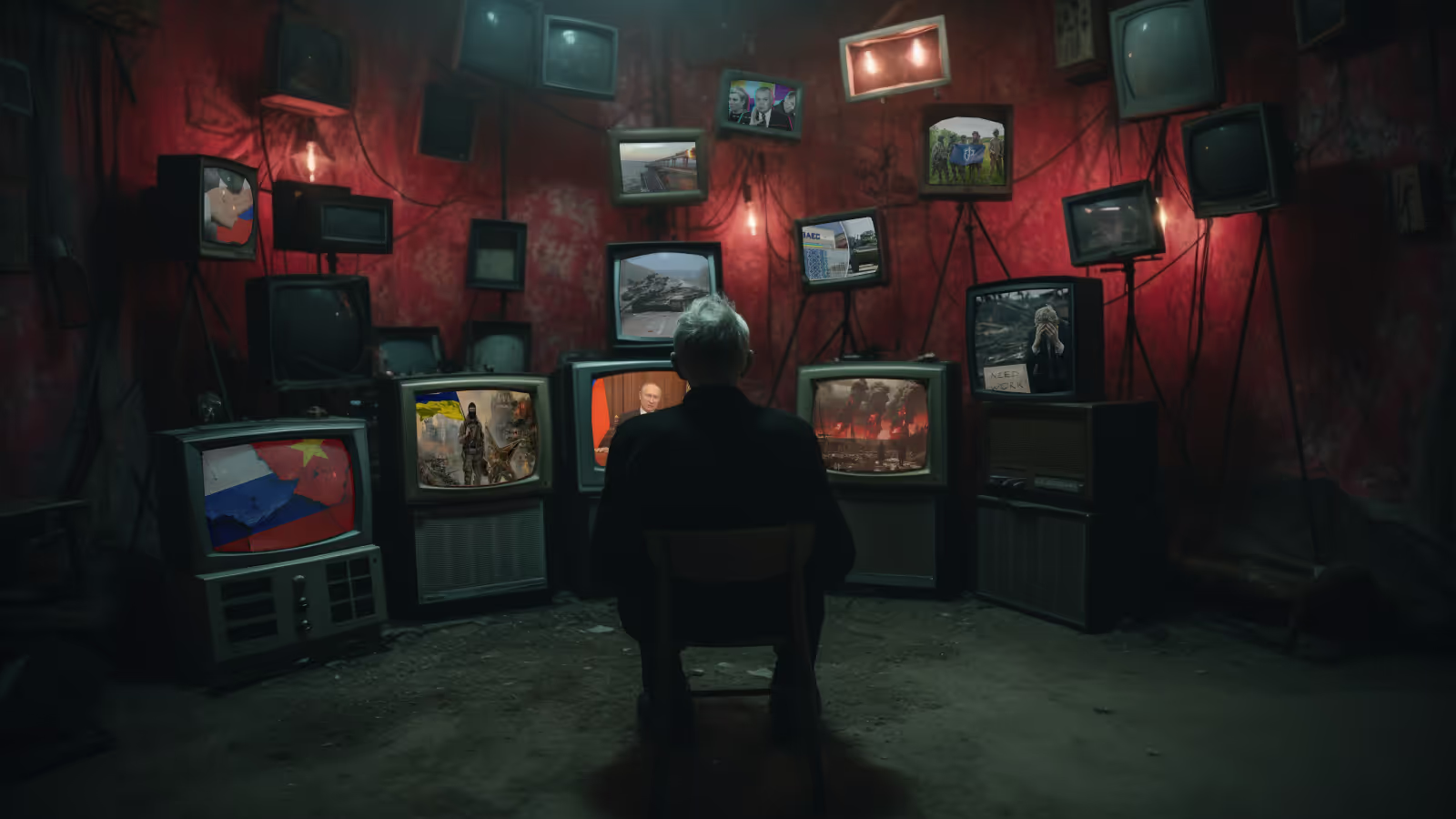
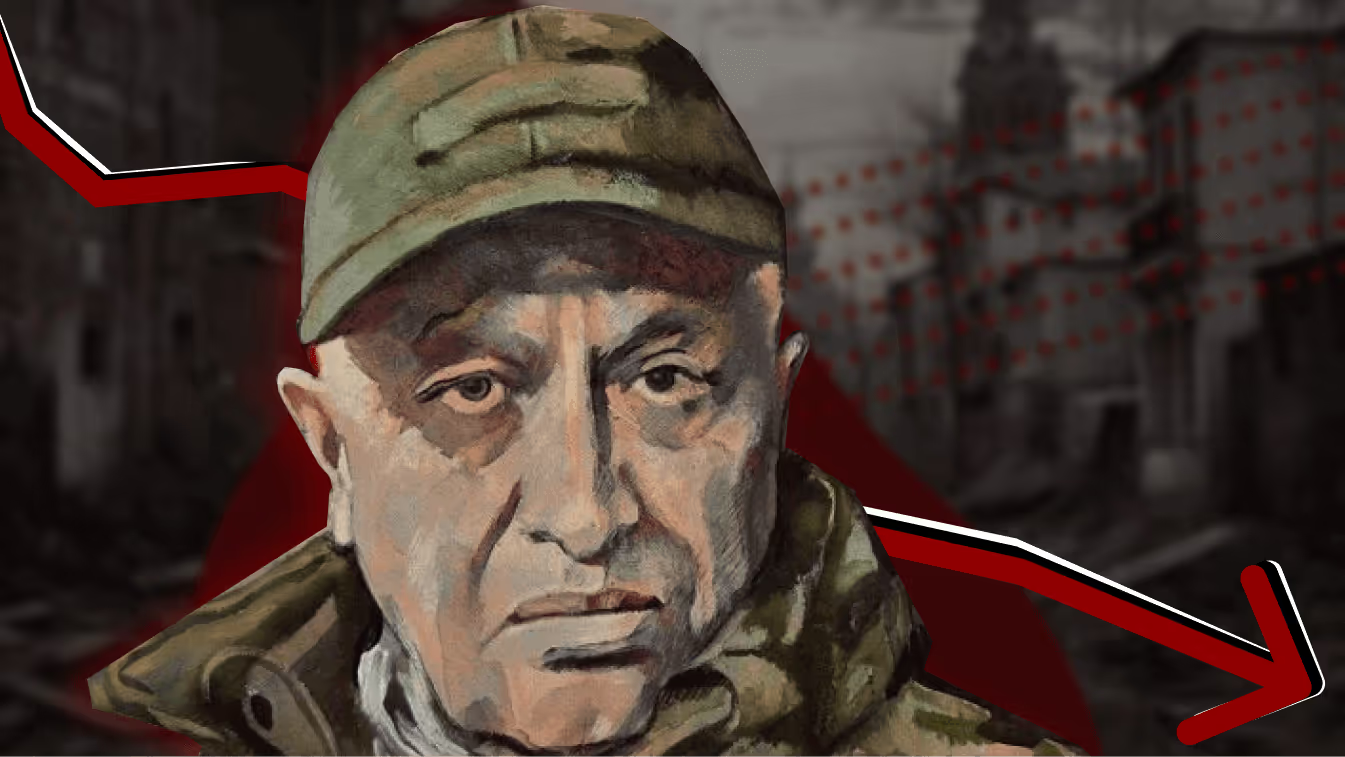
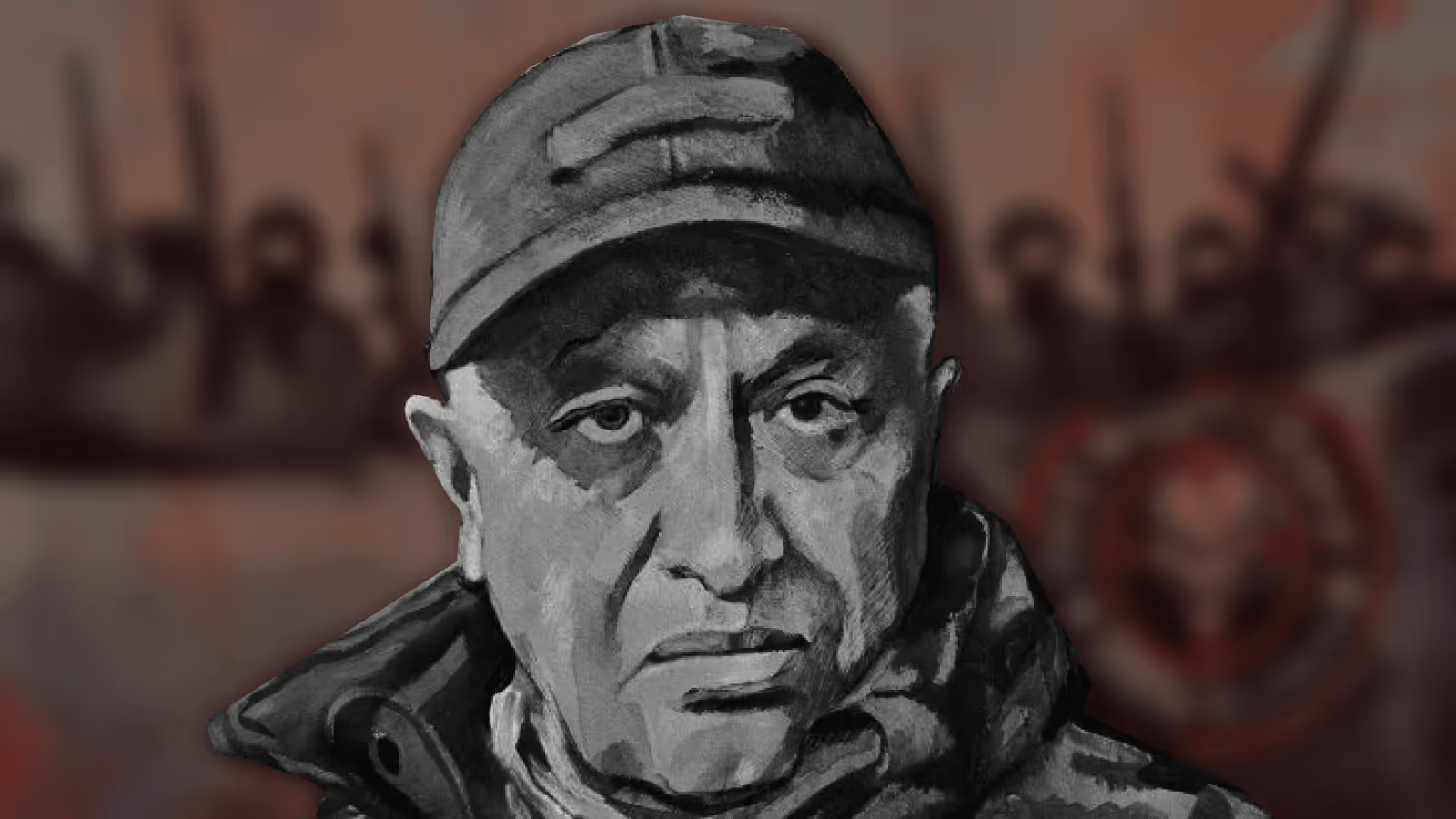
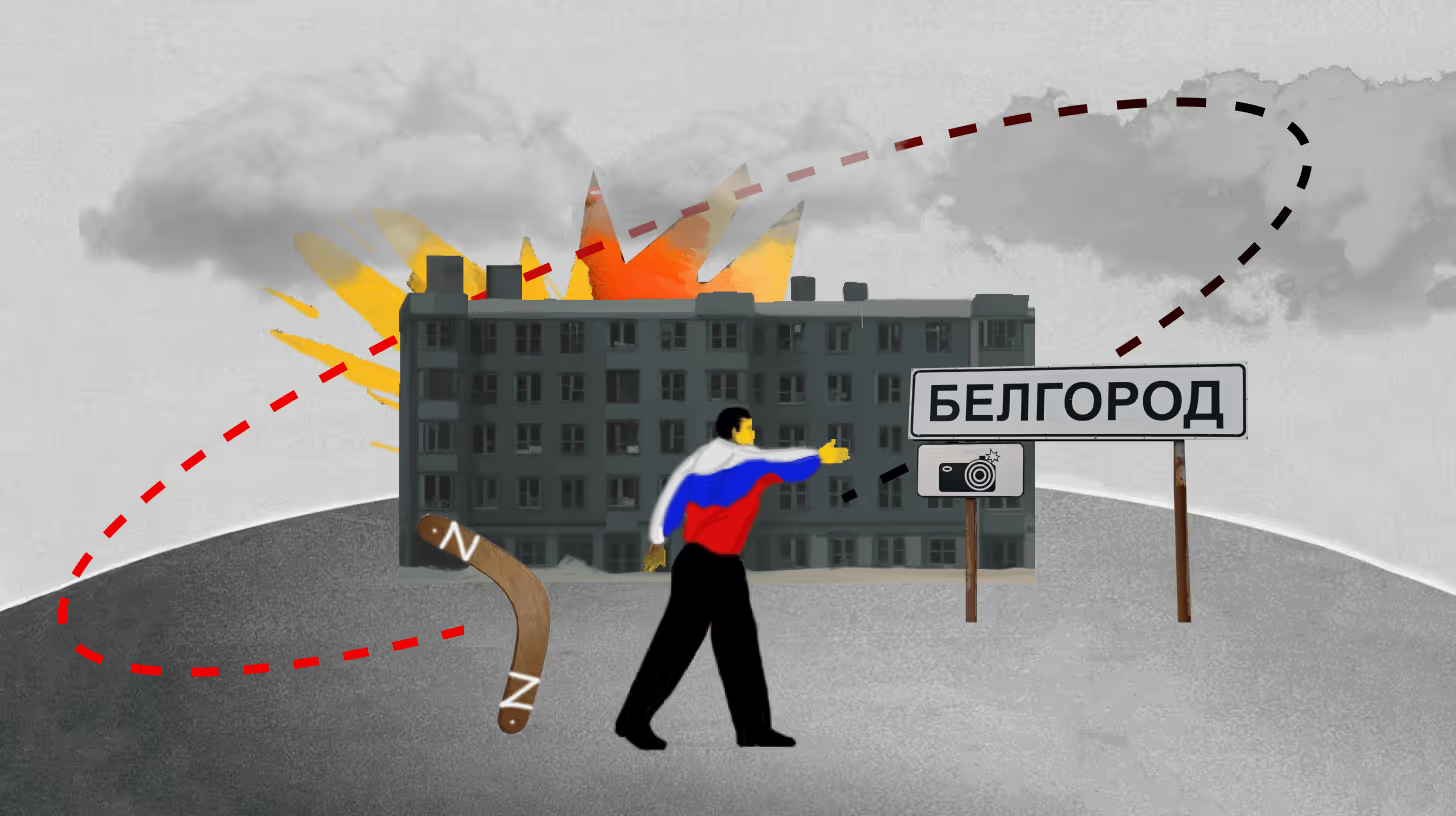
.avif)
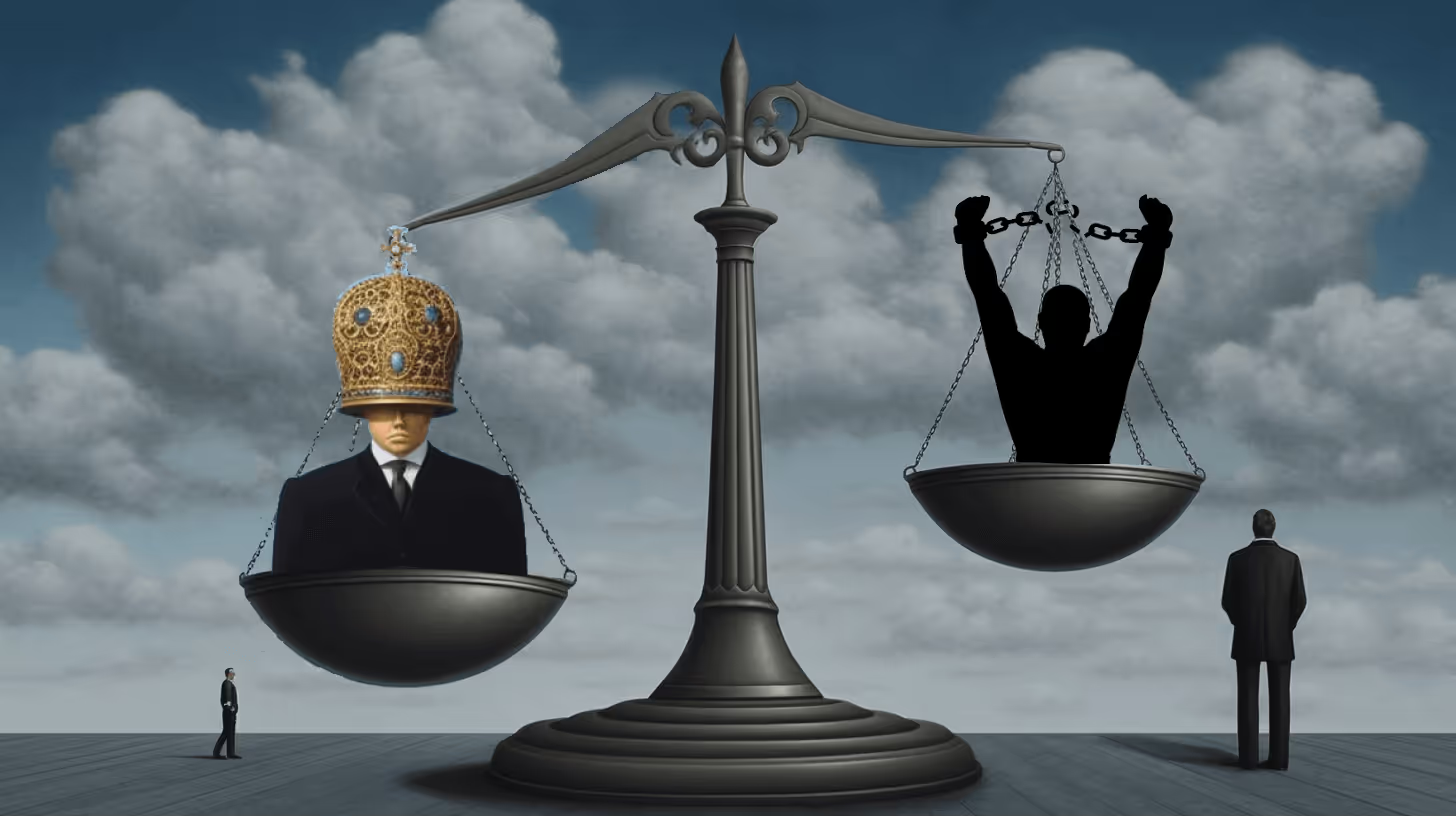
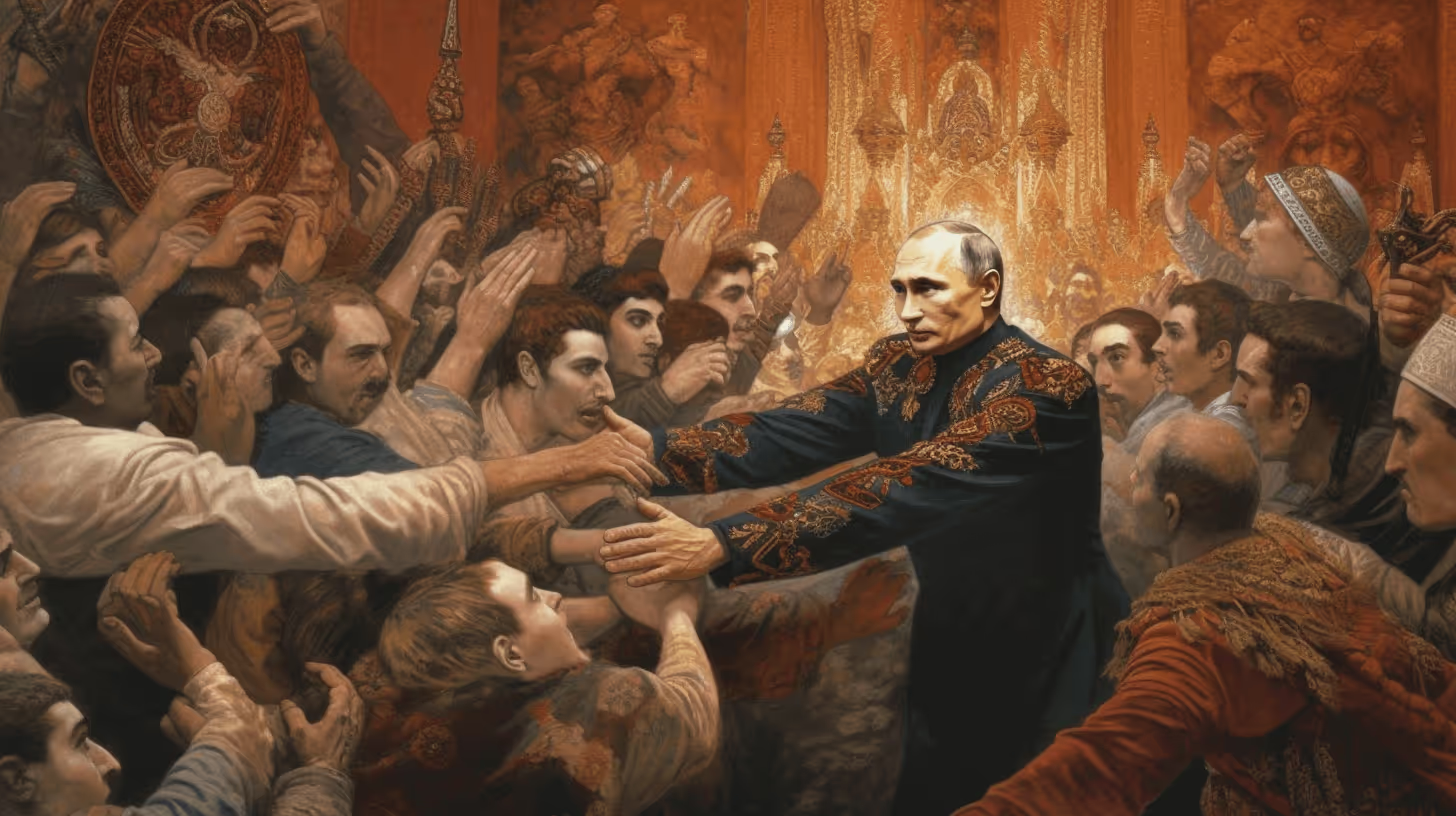
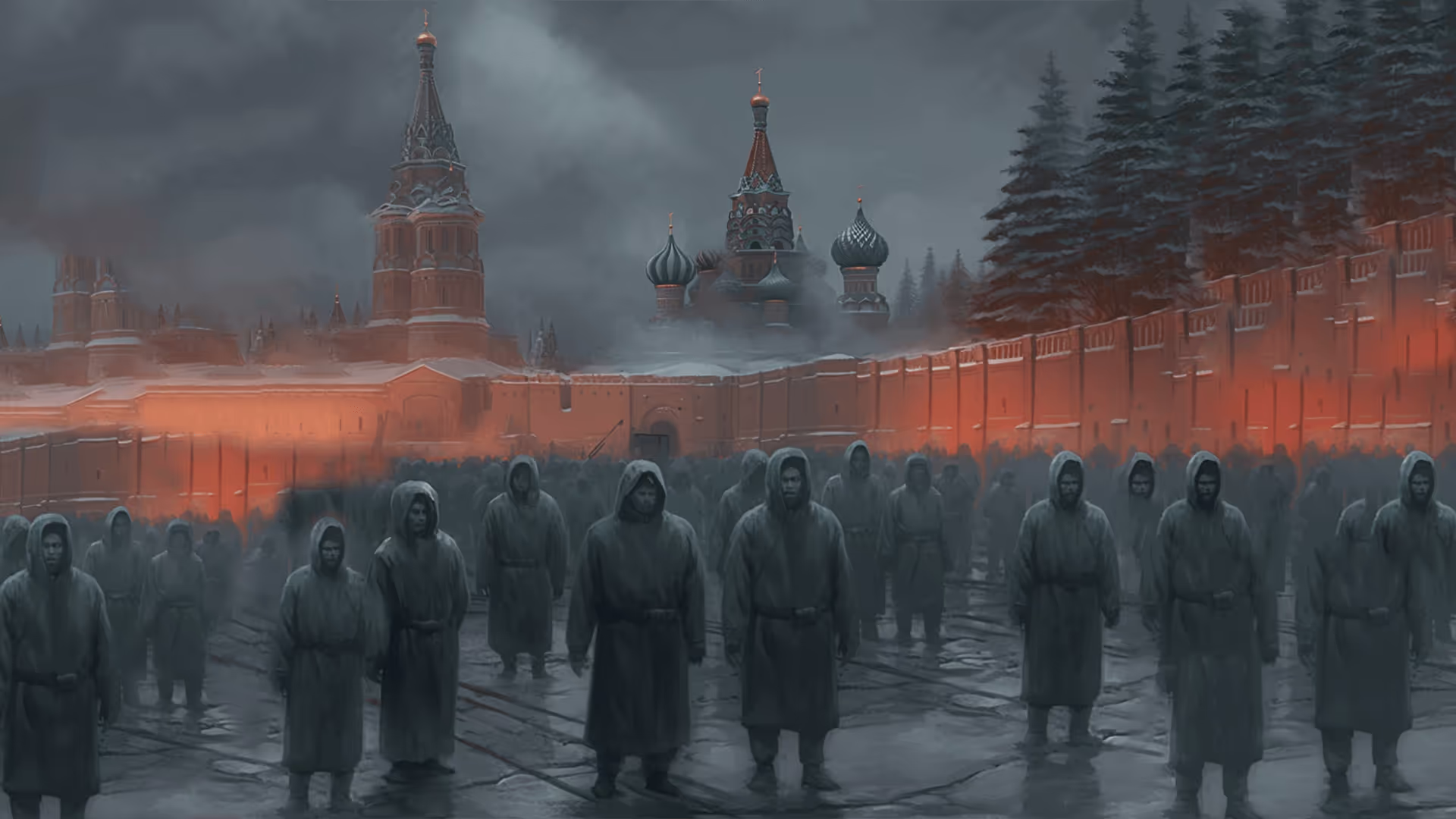
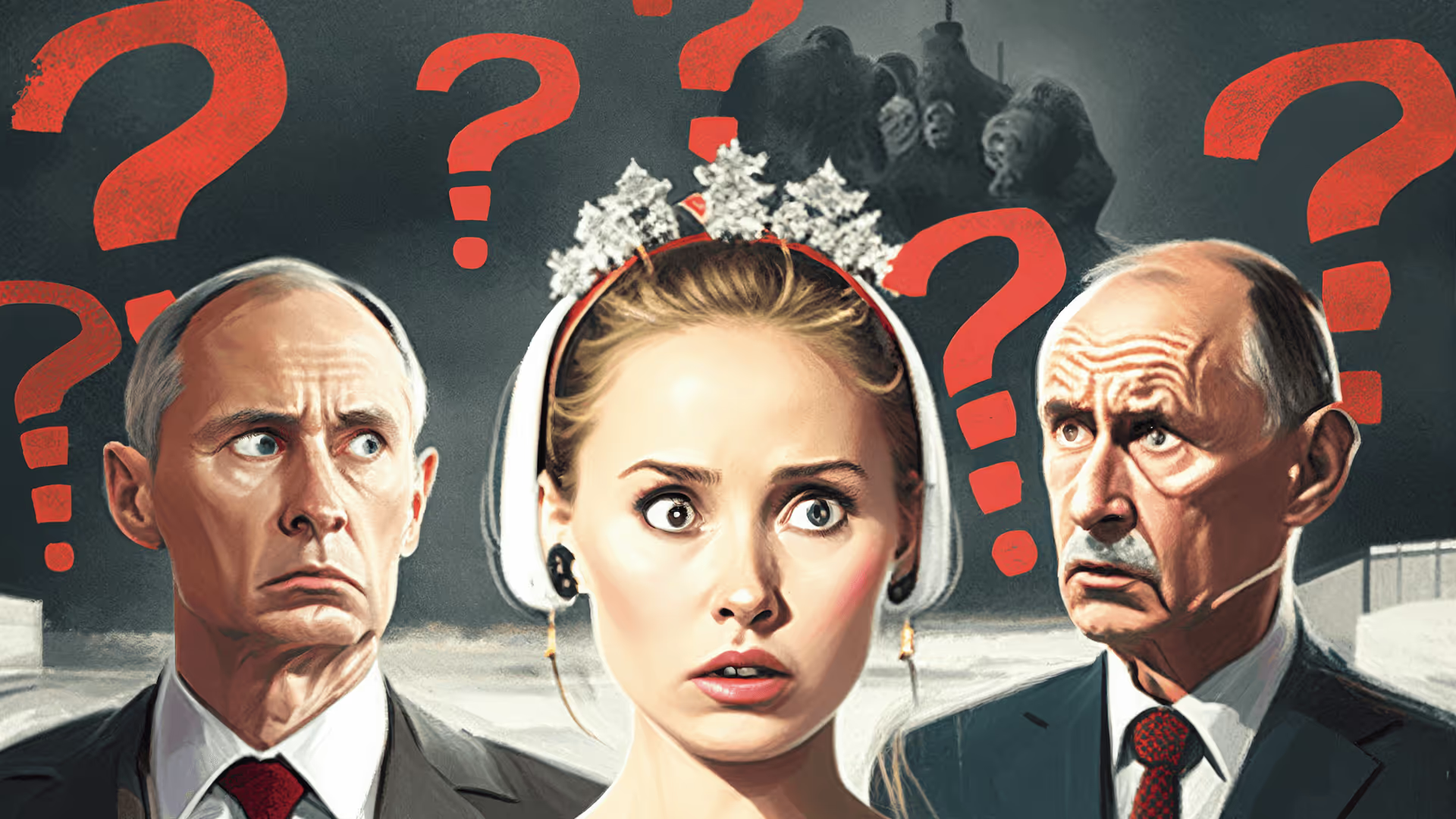
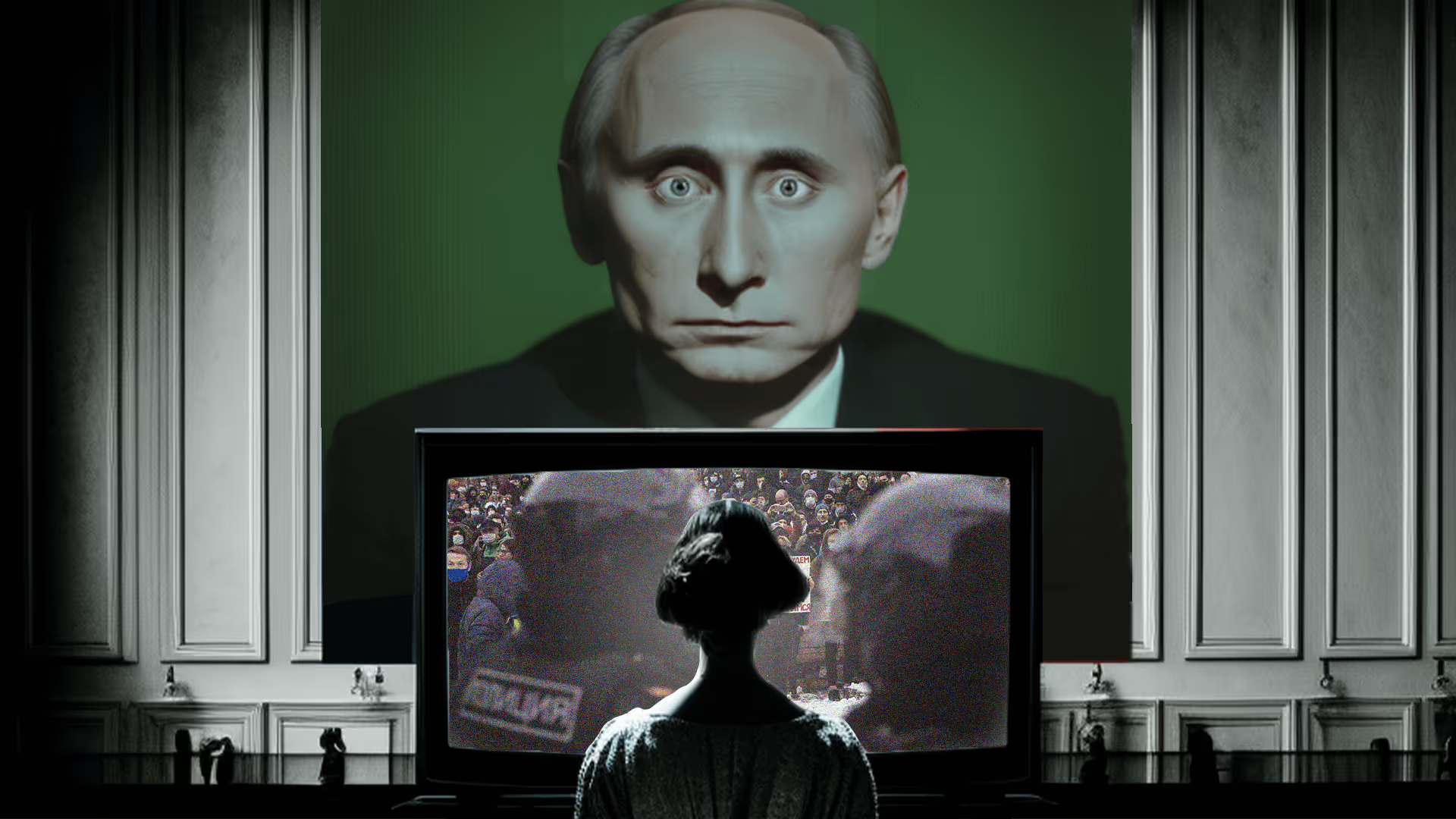



-01-2.avif)
-01.avif)
-01.avif)

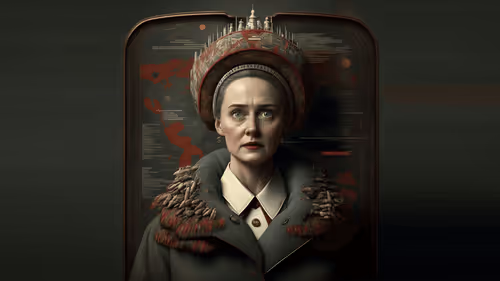


-01%25202-p-500.avif)







